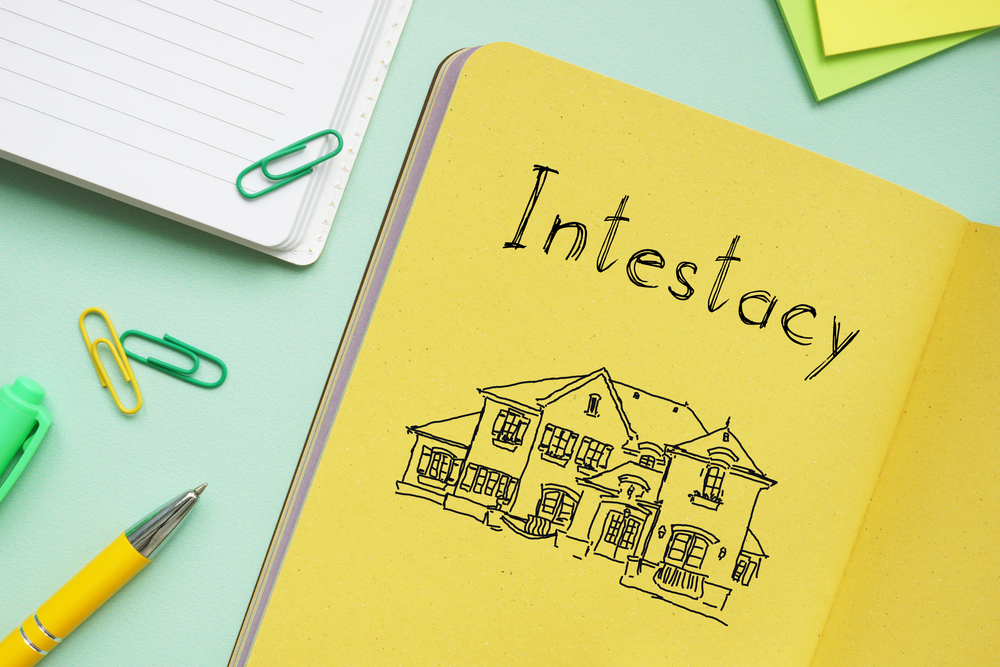Intestacy limit raised – what you can now inherit if your spouse dies without a Will
Soaring inflation has prompted the government to increase the amount that spouses and civil partners with children can inherit if their partner dies without a valid Will in place.
From 26 July (2023), the fixed sum paid to the surviving spouse or partner of someone who dies ‘intestate’ – in other words, without having made a Will – is to rise from £270,000 to £322,000.
This is known as the ‘statutory legacy’ and was not due to be reviewed by the government until January 2025.
However, with the Consumer Price Index showing that the cost of living has gone up by more than 15%, a decision was made to step in early.
What does this new ‘intestacy’ limit mean for estates?
- Spouses and civil partners with children will inherit all the deceased’s personal property, the first £322,000 of the estate and half the remaining estate – the other half goes to their children.
- If there are no children, as before, the partner inherits the entire estate.
- Unmarried partners and close friends, as previously, cannot inherit.
Why does this change help more families than before?
The average house price in England and Wales currently stands at £286,489.
So, when the old statutory legacy limit was applied, this potentially meant a property would have to be sold to enable the first £270,000 to be given to the spouse and the rest split between spouse and children.
The new statutory legacy limit of £322,000, which exceeds this average house price, means more properties will pass in their entirety to the surviving spouse.
Why does this show that a Will is vitally important?
Although the increase in the amount some partners can inherit is to be welcomed, it is far better to make a Will than let the strict order dictated by the rules of intestacy prescribe who inherits your estate.
Here are some key reasons why making a Will is so important:
- A correctly drawn Will is an inexpensive way of avoiding difficulties for your relatives and friends in the future in the event of your death.
- Unless you make a Will, unmarried partners and those who have not registered a civil partnership cannot inherit.
- It’s far cheaper than the cost for your relatives of sorting out your estate if you die without a Will and avoids financial stress at a time when they are already having to deal with your death.
- You can appoint people you know and trust as the executors of your Will to deal with your estate and make sure everything is handled as you want for your beneficiaries.
- A regularly updated Will means you won’t miss out on fast changing tax laws that could save your family thousands of pounds in death duties including new Inheritance Tax rules and the additional ‘residence nil rate band’ threshold.
- You can be clear about what kind of funeral you want, setting out everything from whether you want to be buried or cremated to the hymns and service you’d like.
- There are some key times in your life which should act as a prompt to making a Will or updating an existing one. These are: Buying a house; Getting married; Moving in with a partner; Getting divorced; Having children.
Get in touch
Wards Solicitors’ wins high praise in the 2023 edition of the independent Legal 500 guide of outstanding legal professionals for its exceptional professional service standards and high levels of technical expertise.
Our Wills and Probate Team has extensive and specialist experience in making and updating Wills.
Whether you need a little help, or a lot, we can advise on everything from intestacy rules to disputed Wills, tax implications and inheritance issues.
We offer a free initial appointment for you to discuss what you need and always provide clear cost details up front before starting any work.


